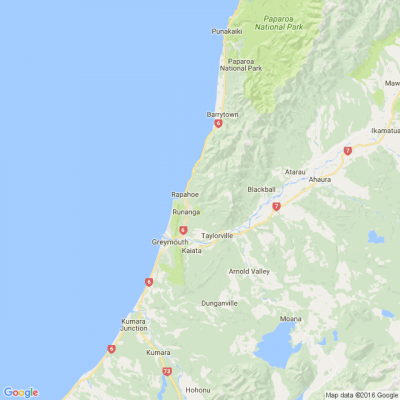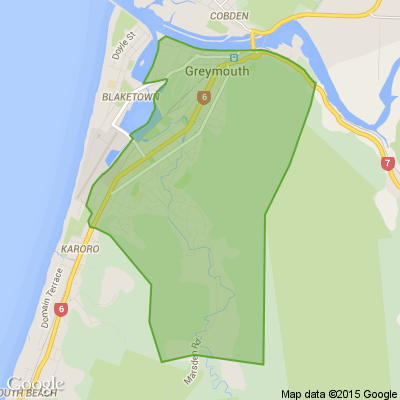Successful pest control effort to seek charity status
By local democracy reporting:
West Coast Regional councillors have agreed in principle to hand over the management of its successful Predator Free Te Kinga project to a charitable trust.
Over the past four years the council has led the pest control mission over 17,000 hectares of public and private land around the mountain, funded by a $4.4m Provincial Growth Fund grant in 2020.
The project has had strong buy-in from local farmers.
And the council’s Resource Management committee heard on Tuesday that the project involving Lake Brunner landowners, DOC and local schools is nearing its goal of eliminating possums from Mount Te Kinga.
The last one should be gone by early next year, the council’s environmental science manager Shanti Morgan told the meeting.
The network of self-setting traps, bait stations and cameras managed by the council company Vector Control Services had proved highly effective and native species were returning including kaka, fernbirds, New Zealand falcon.
A bittern and a lone female great spotted kiwi had also been sighted, Morgan said.
But plenty of other pests remained in the area including rats, stoats, feral cats and deer.
A 1080 aerial drop planned for the mountain soon should bring a high rate of kill, she said.
But Predator Free 2050 had confirmed it had no funding for the future maintenance of the Te Kinga project, and the remaining $1.6 million PGF money had to be spent by July next year.
“We need to expand the funding options, and be part of a charitable entity,” Morgan said.
As a non-council enterprise, the Te Kinga project would be eligible for funding from charities and philanthropic sources, and could still contract the council’s business arm, Vector Control Servies to manage the pest control.
Councillor Peter Ewen said he was sceptical that the Predator Free 2050 goal could be achieved and asked if the lone kiwi on Te Kinga should be moved before the 1080 drop.
Morgan referred the councillor to the 1080 investigation by Parliamentary Commissioner for the Environment Dr Jan Wright in 2011 which had found the biodiversity benefits of 1080 far outweighed any risks.
“I am confident we can make Te Kinga predator free by 2050,” Ms Morgan said.
The two iwi reps on the committee weighed in with differing perspectives.
Makaawhio representative Jackie Douglas said the iwi was not keen on 1080 but cooperated reluctantly with its use.
Te Waewae chairperson Francois Tumahai said his iwi fully supported the use of 1080 and the setting up of a trust to continue the Te Kinga project after 2025.
The committee voted to approve in principle the setting up of the charitable entity.
*LDR is local body journalism co-funded by RNZ and NZ On Air.

Time to Tickle Your Thinker 🧠
If a zookeeper had 100 pairs of animals in her zoo, and two pairs of babies are born for each one of the original animals, then (sadly) 23 animals don’t survive, how many animals do you have left in total?
Do you think you know the answer? Simply 'Like' this post and we'll post the answer in the comments below at 2pm on the day!
Want to stop seeing these in your newsfeed? No worries! Simply head here and click once on the Following button.

Poll: As a customer, what do you think about automation?
The Press investigates the growing reliance on your unpaid labour.
Automation (or the “unpaid shift”) is often described as efficient ... but it tends to benefit employers more than consumers.
We want to know: What do you think about automation?
Are you for, or against?

-
9.5% For. Self-service is less frustrating and convenient.
-
43.2% I want to be able to choose.
-
47.2% Against. I want to deal with people.
Have you got New Zealand's best shed? Show us and win!
Once again, Resene and NZ Gardener are on the hunt for New Zealand’s best shed! Send in the photos and the stories behind your man caves, she sheds, clever upcycled spaces, potty potting sheds and colourful chicken coops. The Resene Shed of the Year 2026 winner receives $1000 Resene ColorShop voucher, a $908 large Vegepod Starter Pack and a one-year subscription to NZ Gardener. To enter, tell us in writing (no more than 500 words) why your garden shed is New Zealand’s best, and send up to five high-quality photos by email to mailbox@nzgardener.co.nz. Entries close February 23, 2026.







 Loading…
Loading…